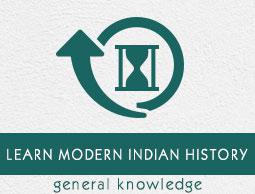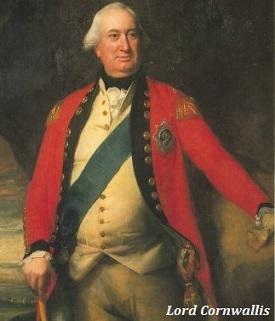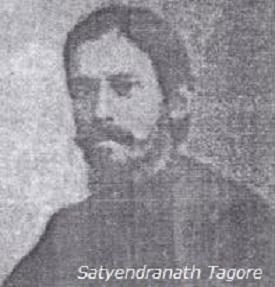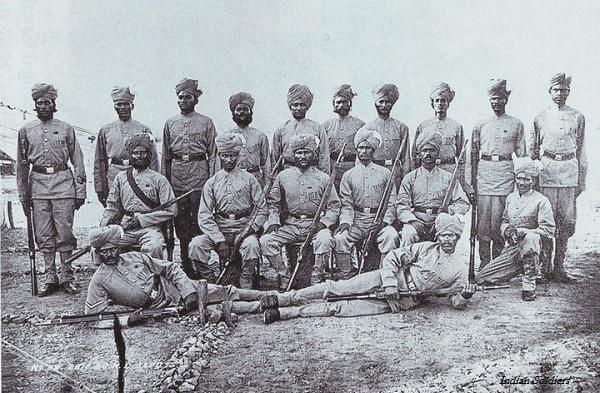The East India Company had from the beginning carried on its trade in the East through servants who were paid low wages but who were permitted to trade privately.
Later, when the Company became a territorial power, the same servants assumed administrative functions. They now became extremely corrupt by −
Oppressing local weavers and artisans, merchants, and zamindars,
Extorting bribes and 'gifts' from rajas and nawabs, and
Indulging in illegal private trade. They amassed untold wealth with which they retired to England.
Clive and Warren Hastings made attempts to put an end to their corruption, but were only partially successful.
Cornwallis, who came to India as Governor-General in 1786, was determined to purify the administration, but he realized that the Company's servants would not give honest and efficient service so long as they were not given adequate salaries.
Cornwallis, therefore, enforced the rules against private trade and acceptance of presents and bribes by officials with strictness. At the same time, he raised the salaries of the Company's servants. For example, the Collector of a district was to be paid Rs 1,500 a month and one per cent commission on the revenue collection of his district.
Cornwallis also laid down that promotion in the Civil Service would be by seniority so that its members would remain independent of outside influence.
In 1800, Lord Wellesley pointed out that even though civil servants often ruled over vast areas, they came to India at the immature age of 18 or so and were given no regular training before starting on their jobs. They generally lacked knowledge of Indian languages.
Wellesley, therefore, established the College of Fort William at Calcutta for the education of young recruits to the Civil Service.
The Directors of the Company disapproved of his action and in 1806 replaced it by their own East Indian College at Haileybury in England.
Till 1853, all appointments to the Civil Service were made by the Directors of the East India Company who placated the members of the Board of Control by letting them make some of the nominations.
The Directors fought hard to retain this lucrative and prized privilege and refused to surrender it even when their other economic and political privileges were taken away by Parliament.
The Directors lost it finally in 1853 when the Charter Act decreed that all recruits to the Civil Service were to be selected through a competitive examination.
A special feature of the Indian Civil Service since the days of Cornwallis was the rigid and complete exclusion of Indians (from it).
It was laid down officially in 1793 that all the higher posts in administration worth more than £ 500 a year in salary were to be held by Englishmen. This policy was also applied to other branches of Government, such as the army, police, judiciary, and engineering.
The Indian Civil Service gradually developed as one of the most efficient and powerful civil services in the world.
The army of the British regime in India was fulfilled three important functions −
It was the instrument through which the Indian powers were conquered;
It defended the British Empire in India from foreign rivals; and
It safeguarded British supremacy from the ever-present threat of internal revolt.
The bulk of the Company's army consisted of Indian soldiers, recruited chiefly from the area at present included in U.P. and Bihar.
For instance, in 1857, the strength of the army in India was 311,400 of whom 265,903 were Indians. Its officers were, however, exclusively British, at least since the days of Cornwallis.
In 1856, only three Indians in the army received a salary of Rs. 300 per month and the highest Indian officer was a subedar.
A large number of Indian troops had to be employed as the British troops were too expensive. Moreover, the population of Britain was perhaps too small to provide the large number of soldiers needed for the conquest of India.
Cornwallis had created the police system, which was one of the most popular strengths for the British rule.
Cornwallis relieved the zamindars of their police functions and established a regular police force to maintain law and order.
Interestingly, this put India ahead of Britain where a system of police had not developed yet.
Cornwallis established a system of circles or thanas headed by a daroga, who was an Indian. Later, the post of the District Superintendent of Police was mated to head the police organization in a district.
Once again, Indians were excluded from all superior posts. In the villages the duties of the police continued to he performed by village-watchmen who were maintained by the villagers.
The police gradually succeeded in reducing major crimes such as dacoity.
One of its major achievements was the suppression of thugs who robbed and killed travelers on the highways, particularly in Central India.
The police also prevented the organization of a large-scale conspiracy against foreign control, and when the national movement arose, the police were used to suppress it.





